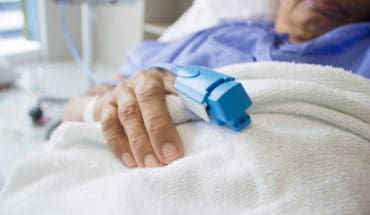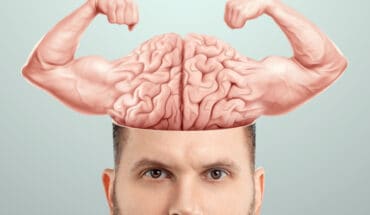The rise of self-help books and online ‘sobriety diaries’ for those with alcohol addiction can be dangerous, according to Claire Rimmer, Lead Addictions Therapist at The Priory Hospital, Altrincham.
She spoke out in the run up to Go Sober for October amid an increasing trend for people to “blog and brag” about beating their alcohol dependency or being able to control their drinking.
‘Many patients think they are able to combat addictions on their own, and turn to self-help books for guidance, but self-help doesn’t work for addiction and alcohol dependency is something that cannot be beaten on your own,’ says Claire. ‘Professional help is always needed. And sobriety diaries are not a ‘treatment option’ for people struggling with addictions or alcoholism.
One particular concern with these diaries is that they don’t always tell the truth and can be more harmful than helpful for people with an alcohol problem.’
One particular concern with these diaries is that they don’t always tell the truth and can be more harmful than helpful for people with an alcohol problem.
Almost 63,000 people in England will die over the next five years from liver problems linked to heavy drinking unless ministers tackle the scourge of cheap alcohol, some doctors are warning.
Senior members of the medical profession and health charities want the government to bring in minimum unit pricing of alcohol and a crackdown on drink advertising to avert what they claim is the “public health crisis” of liver disease deaths.
Research from some of Britain’s leading academic experts on alcohol has found that alcohol misuse will lead to 62,905 deaths between 2017 and 2022 and cost the NHS £16.74bn to treat.
Analysis by Sheffield University’s Alcohol Research Group predicts that 32,475 of the deaths – the equivalent of 35 a day – will be the result of liver cancer and another 22,519 from alcoholic liver disease.
The self-help books come amid a rise in mindful drinking – the opposite of drinking without thinking, by training yourself to drink in moderation – as a “movement”. Claire Rimmer says mindful drinking was a positive approach for those people who occasionally found themselves regretting that large glass of wine on a night out with friends.
But mindful drinking was not appropriate for those with a dependency on alcohol as it could end up masking a deeper issue and a person not seeking professional help.
‘Mindful drinking journals – and some sobriety journals – are simply referring to controlled drinking and being able to make a conscious effort to think about your alcohol intake. I would say that trying to get an alcoholic to control their drinking is a dangerous approach as this is something they cannot control. The only way someone with an addiction can get better is through abstinence.
‘For addicts, admitting that they have a problem is a huge step. One of the things we say to people is ‘when alcohol is costing more than money, that is when you need to think about getting help’. Often, alcohol starts becoming more important than other things in life and your family can become impacted as well. Our patients talk a lot about their losses they have incurred because of their addiction, for example they might lose a friendship, a marriage, access to their children, their driving licence or their job.
“At the Priory, we offer free assessments to initially talk through the problem with a professional and look at how they can get the help they need, and this is a great starting point for patients. Speaking to a GP can also help someone in taking those first steps to getting the right treatment and they will usually be referred to a specialist or a support group.’
A doctor will diagnose alcoholism when three or more of the following have been present together in the past year:
- An overwhelming desire to drink
- An inability to stop or to control harmful drinking
- Withdrawal symptoms when stopping drinking
- Evidence of alcohol tolerance
- Pursuing the consumption of alcohol to the exclusion of alternative pleasures
- Continuing to drink despite clear evidence of harmful consequences
Claire Rimmer offers her 5 steps to a sober lifestyle:
- Recognise there is a problem -This can often be the hardest step to take but the most important
- Accept that something needs to be done about it – Action to address the problem is key
- Seek professional help – People don’t have to struggle on their own, help is available to the individual and their families
- Remain positive – A positive outlook can bring about positive change
- Be willing to change and move forward with your life – Accessing treatment can be very scary for people. It may be the hardest thing they do but can be the best thing they do.
- New lipid-based pathway discovered as key to memory formation - 25th June 2025
- Crucial link could explain how Alzheimer’s takes hold - 25th June 2025
- Understanding Your Mind Can Improve Daily Life - 25th June 2025






